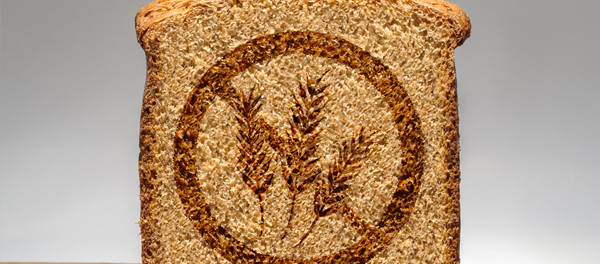Your Grain-Free Diet Isn’t Natural, Good for You or Good for the Planet

Grains — whole, ancient or neither — are under attack. Just as we have finally embraced vegetables on our plates, grains and starches have started disappearing from our meals at a rapid clip. Go to many a restaurant, and good luck finding rice, bread or potatoes next to your hunk of meat or fish. Top restaurateurs have whispered into my ear that people simply don’t want any grains, so they have cut back on serving them. Yet, if you have visited drought-plagued California lately, you know it is high time to rethink our meat-based diet and hit reset.
Concerns about grains and gluten are behind this sea change on our plates. About a third of Americans are cutting back on gluten, and many are eliminating carbs, good or bad, altogether. But if you think your gluten-free or grain-free diet is natural and good for the planet, you are wrong.
Simply put, there aren’t enough land or water resources to support your grain-free meals. The current drought and water crisis in California brings this point home. According to the Water Footprint Network, a pound of beef requires a whopping 1,851 gallons of water to produce. The same amount of rice requires 300 gallons. And rice is a gas-guzzler compared to drought-tolerant millet, sorghum, teff and Sonora wheat. Overall, the network estimates, grains require 197 gallons of water per pound.














Leave a comment
You must be logged in to post a comment.